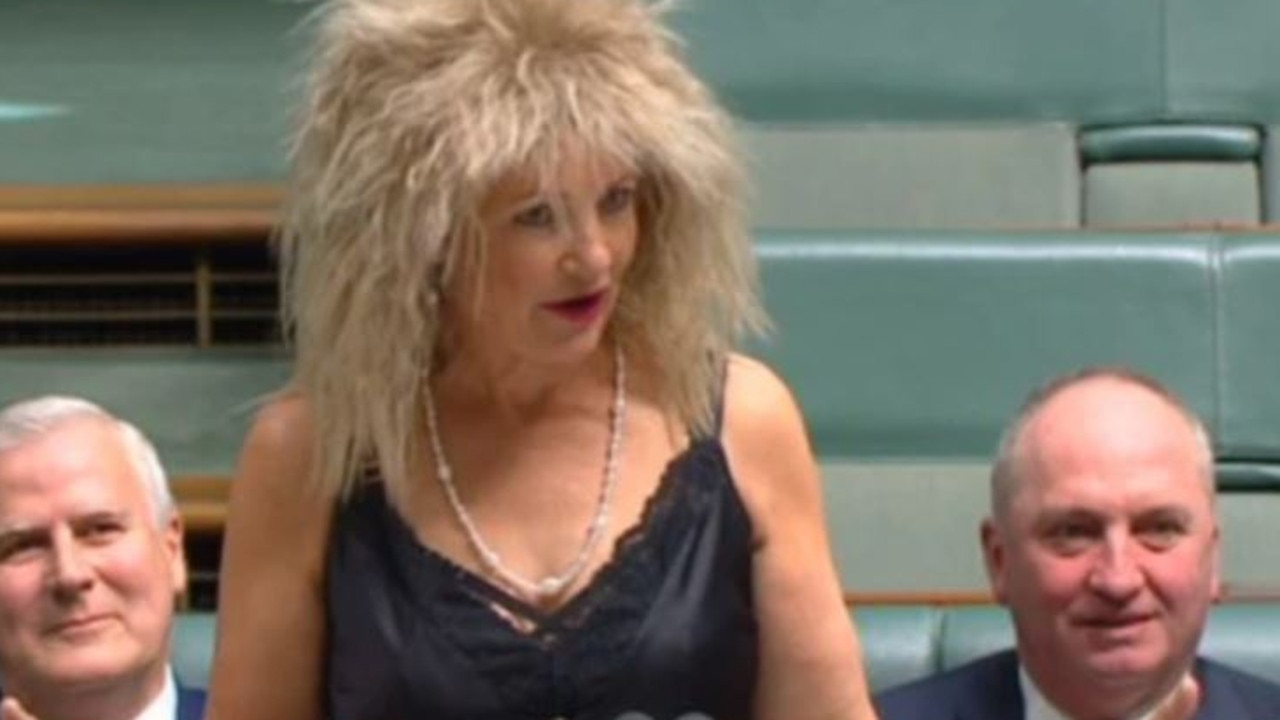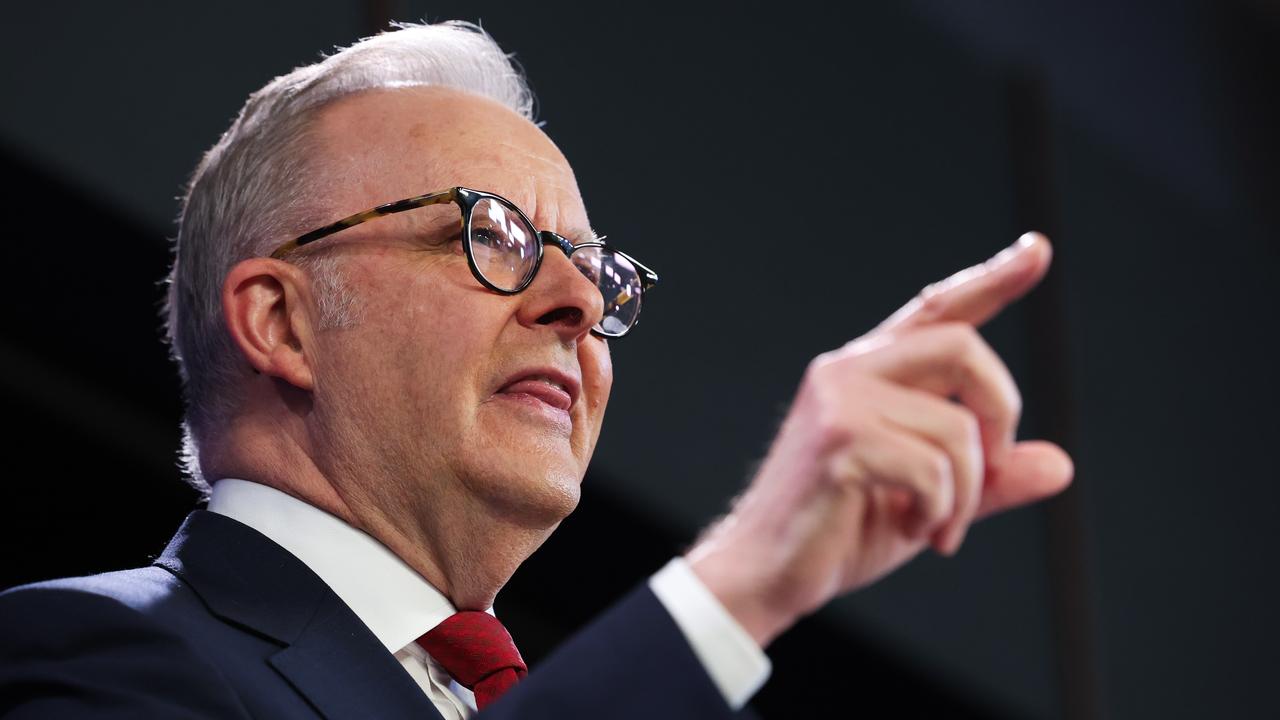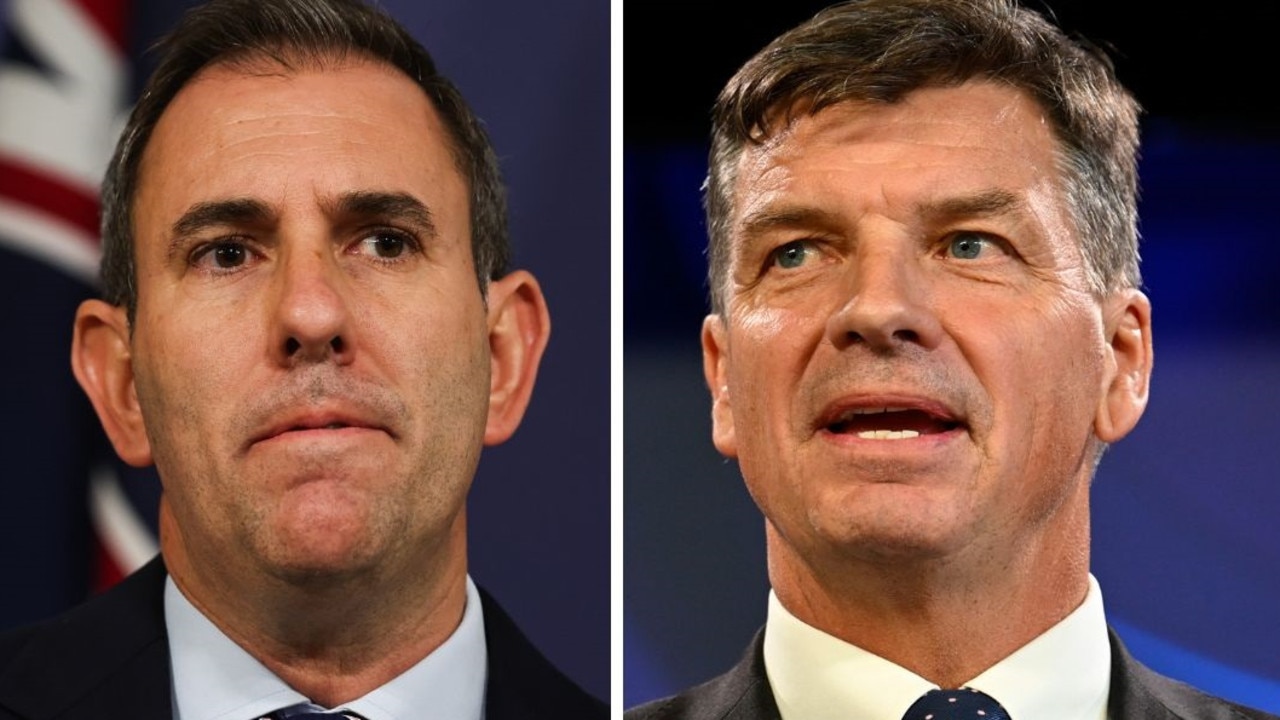Federal Government scaling back census is a “retrograde step” says demographer
EVERY five years, we all fill out the census, giving us a snapshot of the entire nation. Here’s why plans to cut out a few people is a big really deal.
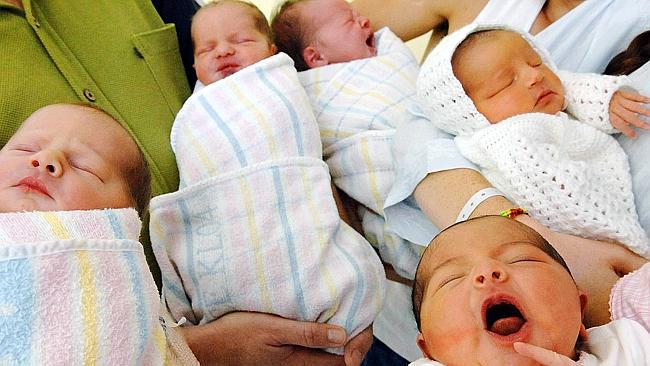
Fed Budget
Don't miss out on the headlines from Fed Budget. Followed categories will be added to My News.
FOR more than 100 years one thing has united every Australian, but government Budget savings mean the census may no longer survey every person.
The most comprehensive snapshot of Australian life is facing the axe with the federal government looking at scaling back the population survey.
But a leading demographer says replacing the census with a smaller “sample survey” or changing its frequency from five to 10 years, would have implications for the distribution of the GST and would dilute the value of the data.
When asked to confirm whether the government was planning to scale back the census as it looks for savings in the Budget, a spokeswoman for the Parliamentary Secretary to the Treasurer Kelly O’Dwyer said: “The government and the ABS are consulting with a wide range of stakeholders about the best methods to deliver high quality, accurate and timely information on the social and economic condition of Australian households.”
The 2011 census cost $440 million and the 2016 census could be even more expensive because the Australian Bureau of Statistics wants to update its systems so it can move to electronic surveys, according to Fairfax.
I'm surprised #Abbott wants to abandon the #Census. After all, his best mate's Mum thought it was so important she made the trek by donkey..
— MAMA DUCK, Esq. (@mamaduck9370) February 18, 2015Abandoning that nationwide survey doesn't make any census
— mat whitehead (@matwhi) February 18, 2015Breaking: Abbott cancels upcoming #census citing cost savings. Plans to use results of the 1954 census to form policies instead. #AusPol
— Kiera (@KieraGorden) February 18, 2015But demographer and social researcher Mark McCrindle, who relies on ABS data, says taking a sample or conducting the survey once in 10 years like other countries such as the UK would be a “massive retrograde step”.
“The only reason for changing it (the census) is economic, it’s not for data methodology,” the director of social research company McCrindle Research said.
In the last 10 years for example, nearly four million people had been added to Australia’s population, in a country of 23.7 million people, he said.
“Times are changing more frequently ... if anything research and sampling are becoming more frequent.
“(Ten years) is almost the span of a generation, which is now 15 years.”
If savings had to be found, Mr McCrindle said there was potential for cutting back some of products provided around the ABS statistics. For example, CensusAtSchool, which provides infographics and fact sheets to schools, or the report Measures of Australia’s Progress.
There could also be scope to increase the reporting period from five to six years, but Mr McCrindle said it should not be extended to 10 years. He said making the census a sample survey would make population figures less accurate and could dilute its value because it will be harder to compare more recent data against the 100 years worth of historical data.
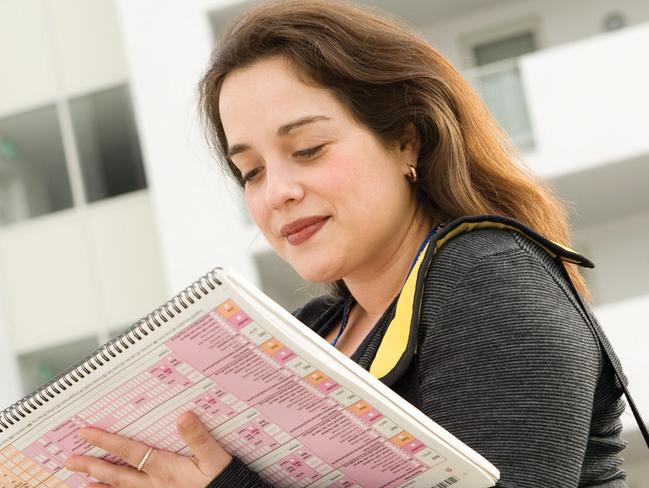
“If you start messing with the foundation, which is the data ... this could have unintended consequences,” Mr McCrindle said.
The confusion around Australia’s unemployment figures in the past few months has shown what can happen when the methodology is changed, especially if the figures show a large increase or decrease.
“Our system is so robust at the moment but as soon as you break the methodology, economists lose confidence ... and people will question the data,” Mr McCrindle said.
“People will point to the methodology to try and explain (any changes), because you won’t be able to compare it exactly to the past 100 years of data.
“But if you have the same methodology, you can compare like for like, and facts are facts.”
Mr McCrindle said less up-to-date data would also have implications for the distribution of the GST as each state receives funding based on its population, potentially impacting government services, its placement and delivery.
He said the statistics were used by governments to determine how far people travel to work, where they live and development of policies in relation to education and other areas.
“If the census is scaled back, it won’t be comprehensive and (policy) won’t be as evidence based.”
Businesses will also find it more difficult to meet the needs of customers and identify growing suburbs that have potential for employment.
“The census is the best mirror of Australia that exists,” Mr McCrindle said. “It tells us a lot about ourselves and how we are changing.
“Surely it’s the one thing revealing the national identity of who we are, that is sacred and shouldn’t be touched.”
Scaling it back would mean some voices, such as those from low socio-economic areas, those sleeping rough or living in remote areas would be lost.
The census is also well-regarded internationally, providing a key global benchmark of data.
“The ABS goes to great lengths to make sure every Australian is counted ... we would lose those voices which wouldn’t be reached otherwise.”
Originally published as Federal Government scaling back census is a “retrograde step” says demographer

